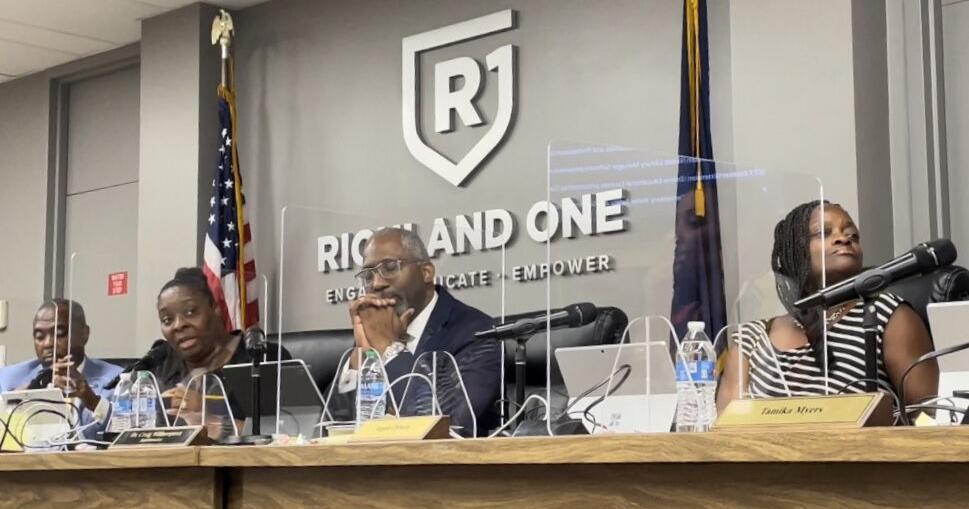The decision by a Columbia school district to fight the state’s efforts to get the district’s fiscal house in order is a painful reminder that all too often, troubled school districts don’t welcome anyone trying to set them on the right course. It’s also a reminder of how crucial it is for the S.C. Education Department to continue its often-thankless work in this area.
The idea that it’s the Legislature’s job to provide a decent education to all kids — and therefore it’s the state’s job to ensure that the legislatively created districts are doing that — has been slow in taking.

After the pushback that then-S.C. Education Superintendent Inez Tenenbaum got from her efforts early in this century to improve Allendale County schools, the state backed off for years, experimenting with an all-carrot approach that didn’t provide a whole lot of carrots. And it didn’t get the job done.
It was only after Superintendent Molly Spearman took office in 2016 that the Education Department and the Legislature worked together to create a clearly defined system for providing troubled districts with assistance, whether they wanted it or not. The result was a series of district takeovers — some welcomed and some not — that has produced modest improvements.

State law now spells out a series of interventions the department is to take to help districts correct both fiscal and academic problems. The new law recognizes that problems in either area can result in children being cheated out of a decent education.
Currently, the agency is running the school districts in Allendale and Williamsburg counties. It had hoped to return control to the Allendale district this year, but that effort was delayed after voters elected a felon who is barred from holding office; that mess, along with another board member’s election to the county council, temporarily left an incomplete school board that Ms. Spearman didn’t feel comfortable putting back in charge.

An additional 300 schools are receiving special attention from the state agency to improve the education they deliver to the students. If things go well, the state will step away; if not, the state could intensify its oversight.
On the financial side, one district is under what’s called fiscal caution, the lowest level of supervision, while four are on fiscal watch, the middle level of oversight and the one that Ms. Spearman imposed on Richland School District One after an audit of its spending practices.

That audit followed reporting by The Post and Courier’s Avery Wilks that found misspending by district employees, including a former purchasing official who has since been indicted on embezzlement and corruption charges and whom the district did not fire but instead allowed to resign. The state audit confirmed that the district’s lax oversight allowed employees to spend taxpayer dollars on personal items, swipe their district procurement cards with vendors that were supposed to be banned and regularly fail to document their spending with receipts.

Fiscal watch, as Mr. Wilks reports, is simply “an unbecoming designation that requires school districts to work with the Education Department to improve their financial practices” — something that shouldn’t be a problem for a district that’s done nothing wrong, as Richland One insists is the case.
Unfortunately, Richland One’s leaders, like the leaders in so many districts that are clearly failing to deliver the education their students need and deserve, have no interest in being told they need to do better. So on Tuesday, they voted to appeal the designation.

That likely will keep the situation in limbo until after Ms. Spearman leaves office next month.
Her successor, Ellen Weaver, has a lot of work to do to gain the level of trust that Ms. Spearman has won throughout most of the state’s education community. While Ms. Weaver works to gain that trust, it’s essential that she also keep the pressure on districts that aren’t delivering. It’s a difficult balancing act, but one she must achieve.















